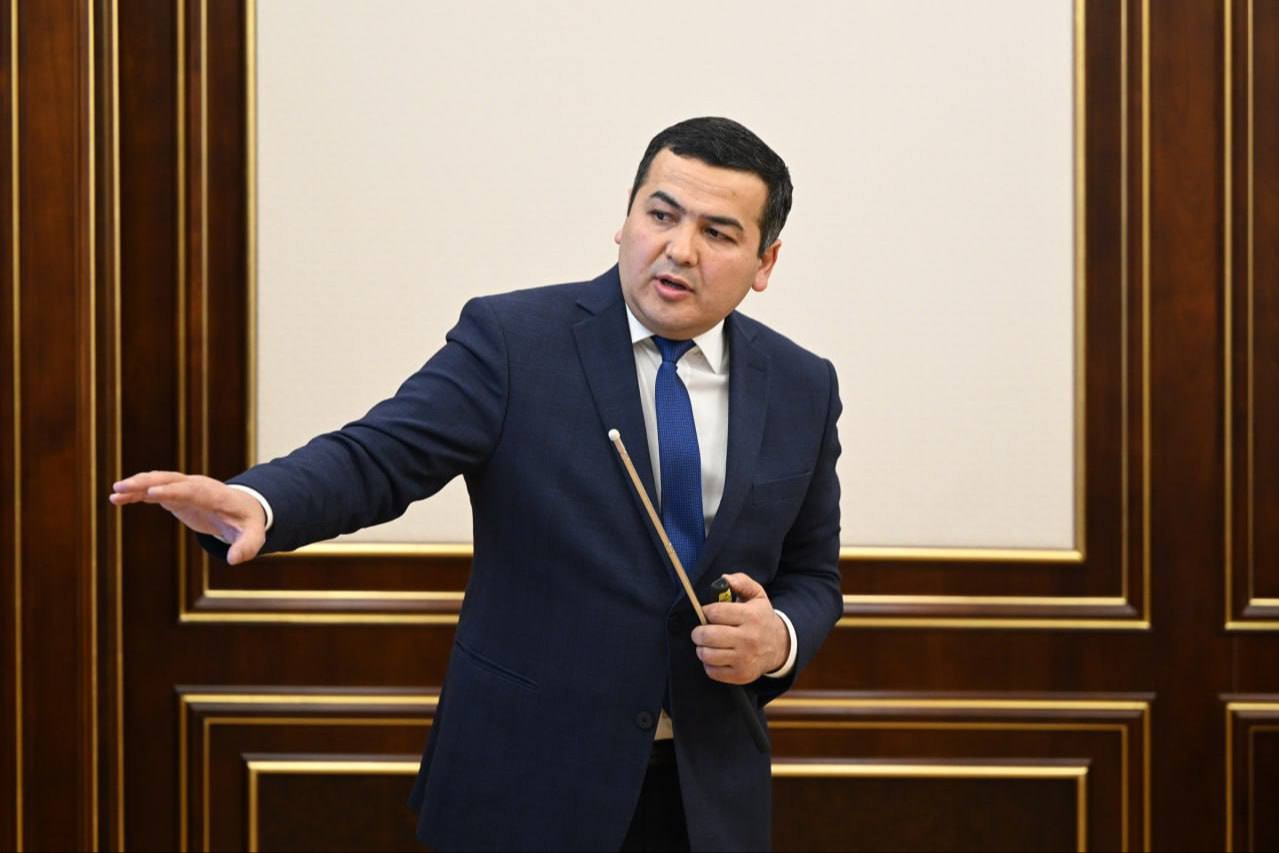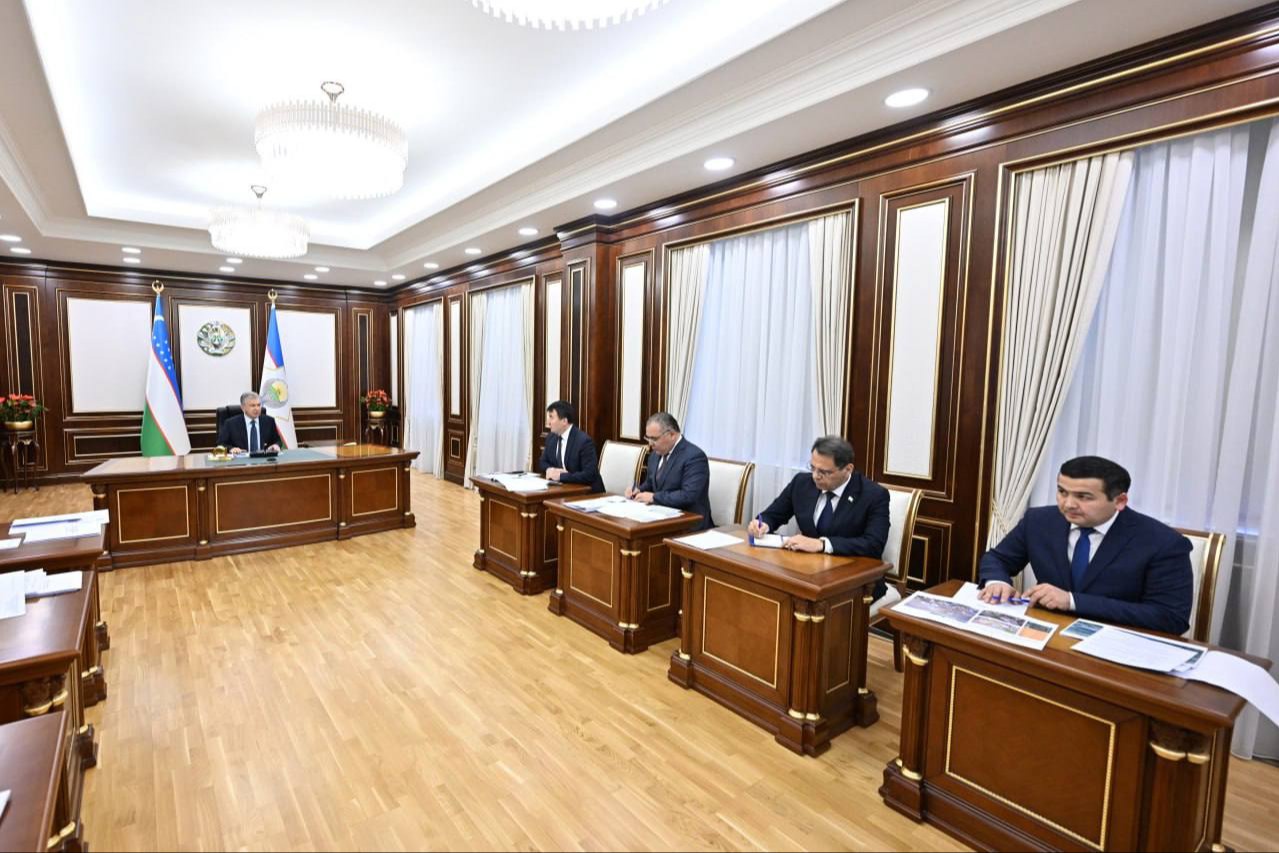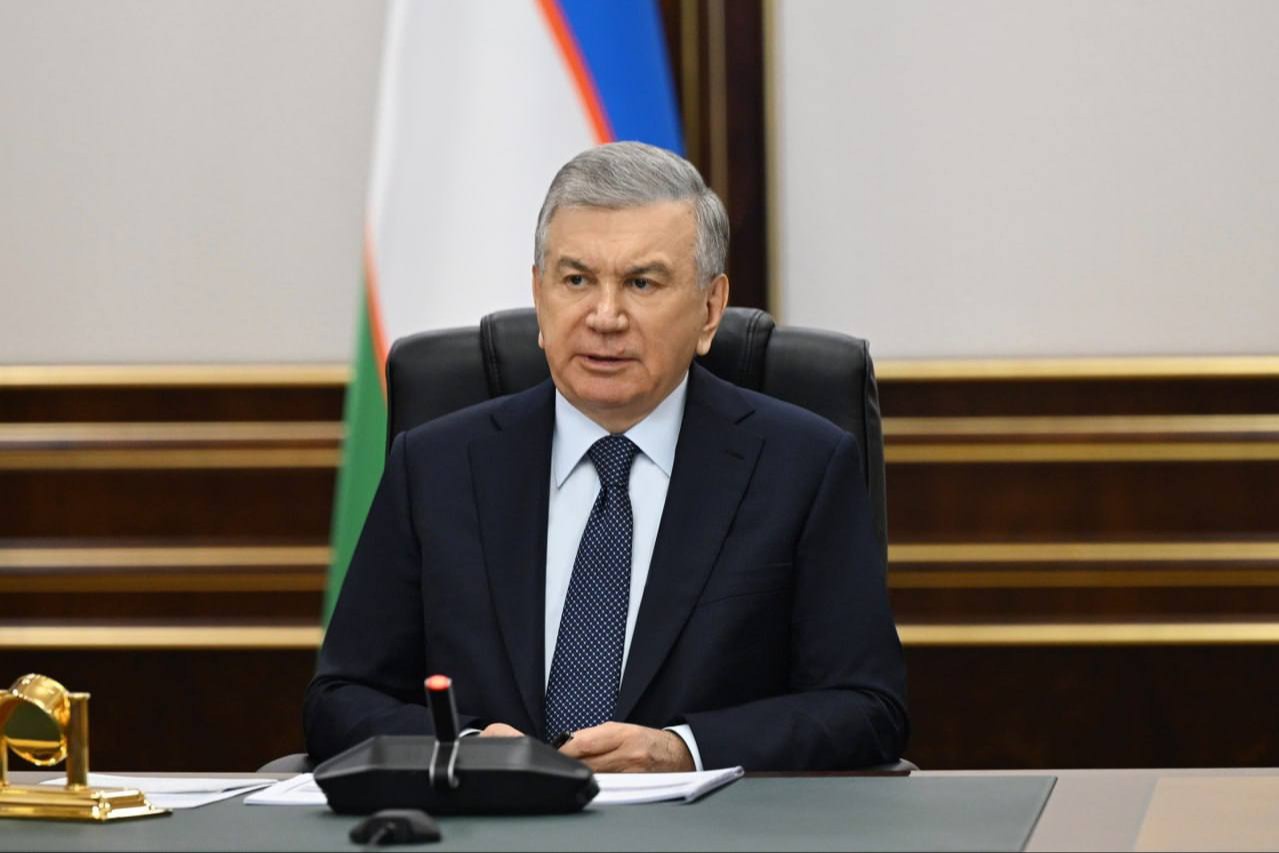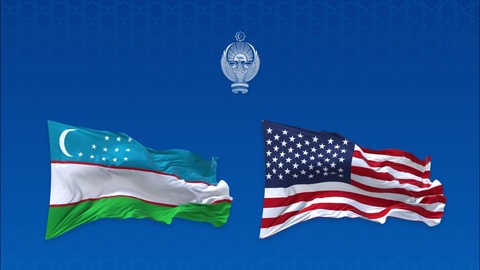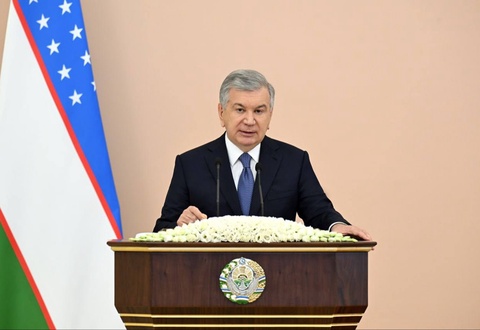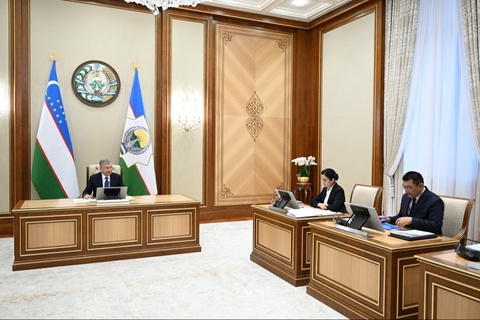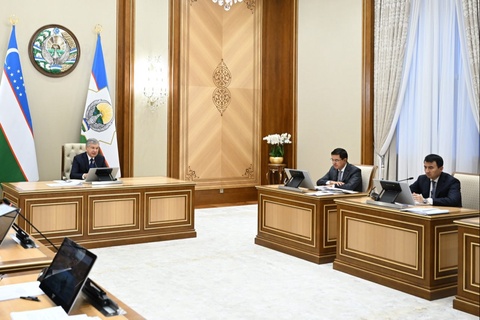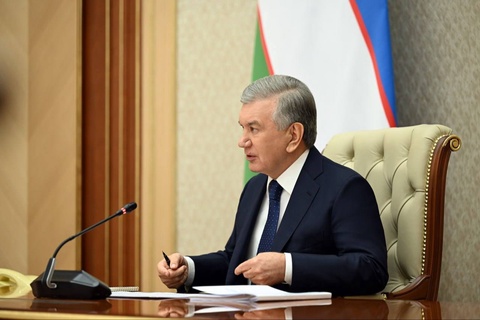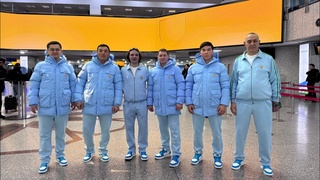Active reforms are being carried out in Uzbekistan’s agro-industrial sector to enhance efficiency and develop market mechanisms. Advanced agricultural technologies and scientific achievements are being widely implemented in the industry.
Recently, a group of specialists visited China, Italy, and Japan to study the experience of scientific institutes, major companies, and agricultural enterprises. Based on the findings, new cooperation plans have been developed.
As is well known, seed production is a key factor in achieving high crop yields. The Chinese Academy of Agricultural Sciences has extensive experience in seed production and nurseries. Uzbekistan currently has 14 scientific institutes and 55 seed farms. However, significant gaps remain in the development of new varieties and the implementation of modern agricultural technologies. Due to the low efficiency of local seeds, many farmers prefer to use foreign varieties.
A seed production and nursery system based on Chinese expertise will be established at the Agroservice Center in Yuqorichirchiq district. The project will attract $200 million in investments and focus on developing new varieties of cotton, wheat, rice, corn, grapes, and fruit crops. A model area with a full-cycle cultivation process will be created – from seedling production to planting, plant protection, harvesting, and subsequent processing using modern equipment and drones.
One of the key challenges in the agricultural sector remains the training of qualified specialists. In this regard, Italy’s experience is particularly noteworthy. The University of Bologna, in particular, plays a significant role in supplying skilled professionals to European countries. Scientific institutes in Italy actively collaborate with the private sector, developing and commercializing high-quality agricultural crop varieties based on industry demand.
To study this experience, 200 young professionals will be sent this year to the universities of Bologna, Tuscia, Ferrara, and Pisa. The University of Tuscia has proposed training 30 food technology specialists annually through grant-based programs and assisting in developing specialist training initiatives in Uzbekistan.
Work-study programs have proven effective worldwide. Last year, the Samarkand Institute of Agriculture and the International Agriculture University sent students for internships in Germany and the United Kingdom. Japanese language study centers are also being established at Tashkent State Agrarian University, the International University of Agriculture, and the Fergana Institute of Food Industry to facilitate student exchanges with Japan.
Supporting the proposed plans, the Head of state emphasized the need to expand cooperation with other countries with advanced agro-industrial sectors, including Hungary, the Netherlands, Canada, Australia, and South Korea. The Ministry of Agriculture has been tasked with developing a program to increase the number of innovative projects in the regions.


